New Column: What's New in Broadband
Encapsulating the most important broadband happenings of the past week and considering what's next.
Drew Clark

Today, Broadband Breakfast is kicking off a new weekly column about what's new in broadband. The column will be my effort to encapsulate the most important happenings of the past week, to consider what's next, and to take stock of both important points and fallacious arguments.
This week, I want to consider the big picture for broadband, but also to highlight important details, events and nuggets of insight that some might have missed.
Is broadband political or isn't it?
Last week, the presidential contest began in earnest. Donald Trump effectively secured the Republican presidential nomination with the departure of his last "rival" on the GOP side. That, coupled with an exceptionally late State of the Union address, led President Joe Biden to make his annual address more partisan than he ever has before.
That said, when it comes to broadband infrastructure, he repeated many of the same points about the central role of infrastructure investment that he made in 2022 and 2023.
What President Biden said about broadband and infrastructure in the State of the Union
“Buy America” has been the law of the land since the 1930s. Past administrations including my predecessor, including some Democrats as well in the past, failed to buy American. Not anymore.
On my watch, federal projects that you fund, like helping build American roads, bridges and highways, will be made with American products and built by American workers — creating good-paying American jobs.
And thanks to our CHIPS and Science Act, the United States is investing more in research and development than ever before.
During the pandemic, a shortage of semiconductors, chips that drove up prices for everything from cellphones to automobiles. And by the way, we invented those chips right here in America.
Well instead of having to import them, private companies are now investing billions of dollars to build new chip factories here in America, creating tens of thousands of jobs, many of those jobs paying $100,000 a year and don’t require a college degree.
In fact, my policies have attracted $650 billion in private-sector investment, in clean energy, advanced manufacturing, creating tens of thousands of jobs here in America.
And thanks to our bipartisan infrastructure law, 46,000 new projects have been announced all across your communities. And by the way, I notice, some of you strongly voted against it are there cheering on that money coming on. I’m with you. I’m with you. If any of you don’t want that money in your district, just let me know.
Modernize our roads and bridges, ports and airports, public transit systems. Removing poisonous lead pipes so every child can drink clean water without risk of brain damage. Providing affordable high-speed internet for every American no matter where you live: urban, suburban or rural communities — in red states and blue states. Record investments in tribal communities.
Last year, we learned that Biden was serious when he highlighted the role of "Buy American" regulations by highlighting the need for fiber-optic cables to be manufactured in the United States.
 Broadband BreakfastDrew Clark
Broadband BreakfastDrew Clark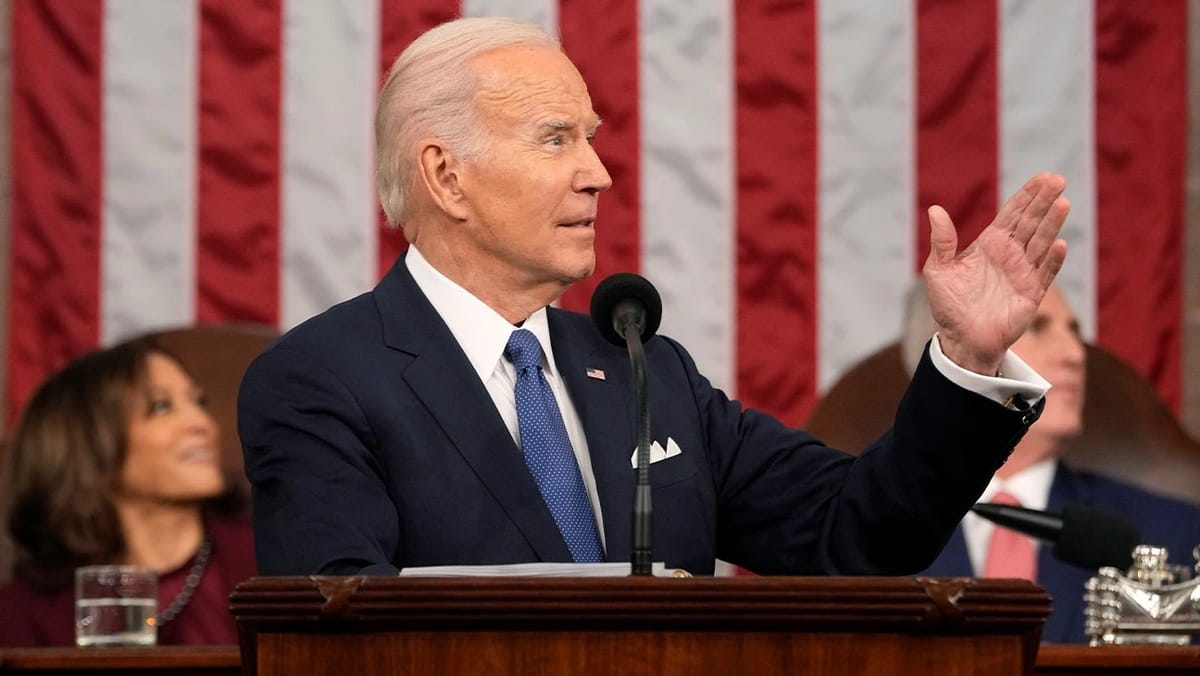
In this year's address, Biden touted his credentials and his record of getting things accomplished. The infrastructure law made an appearance, but so did the CHIPS and Science Act, as well as the clean energy provisions of the Inflation Reduction Act.
 Broadband BreakfastBroadband Breakfast
Broadband BreakfastBroadband Breakfast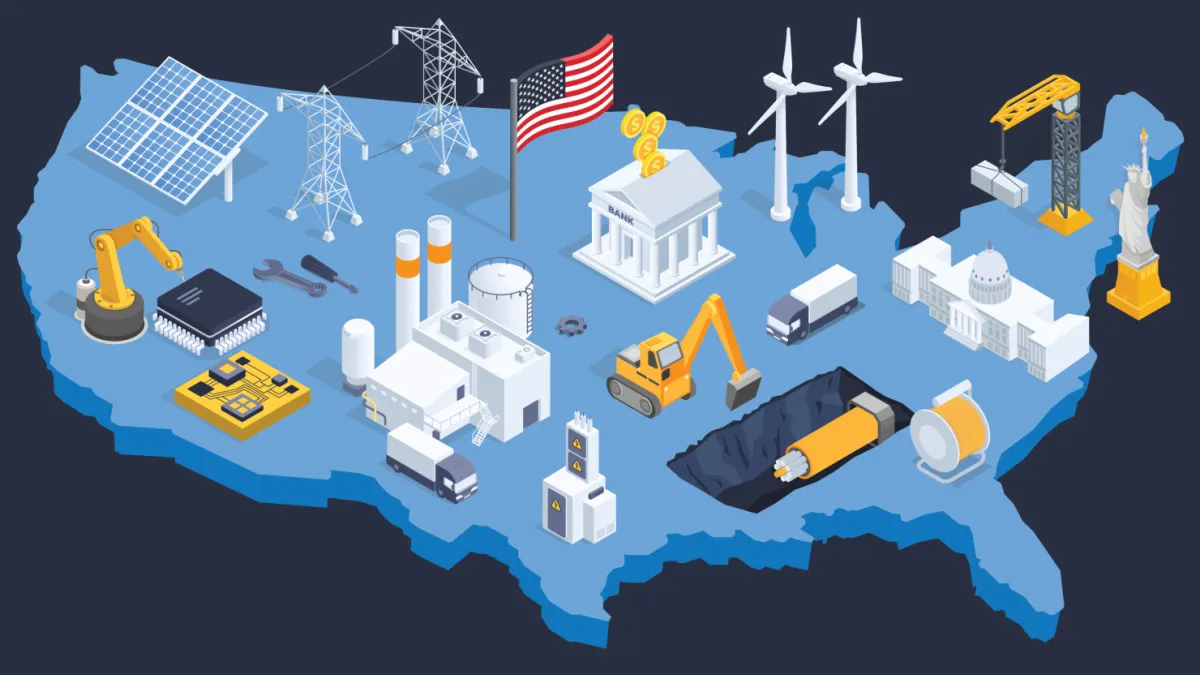
In fact, an a political ad released the day after the address, his role in passing the infrastructure law played a starring role. "For four years," he said, "Donald Trump tried to pass an infrastructure law, and he failed. I got it done."
So, it sounds like broadband infrastructure is pretty political, right?
Actually, not necessarily. Also last week was my Ask Me Anything! session with Joanne Hovis, President of CTC Technology & Energy. Hovis is very active on broadband infrastructure projects in many states – including many western states that are deeply red. While there were a lot of great points from the session, one of the most fascinating was just how bipartisan is broadband.
Listen to what she had to say on the topic:
 The Broadband Community
The Broadband Community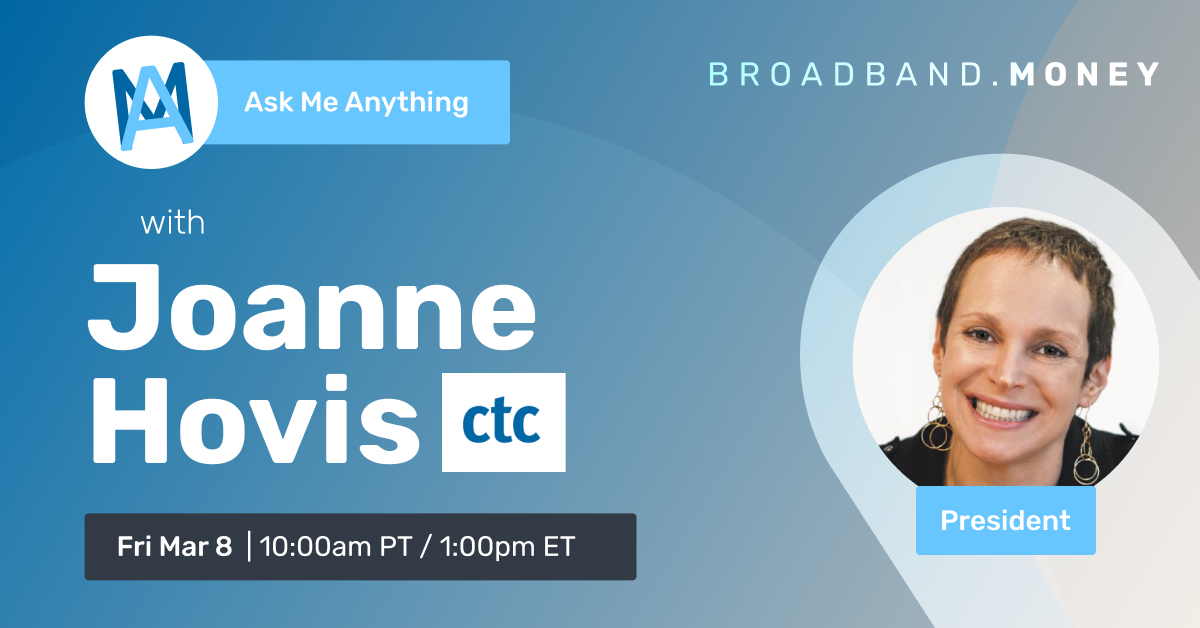
Broadband conferences
It was a big week for broadband conferences last week: In Washington and outside of Washington.
There was INCOMPAS' policy summit:
 Broadband BreakfastJericho Casper
Broadband BreakfastJericho Casper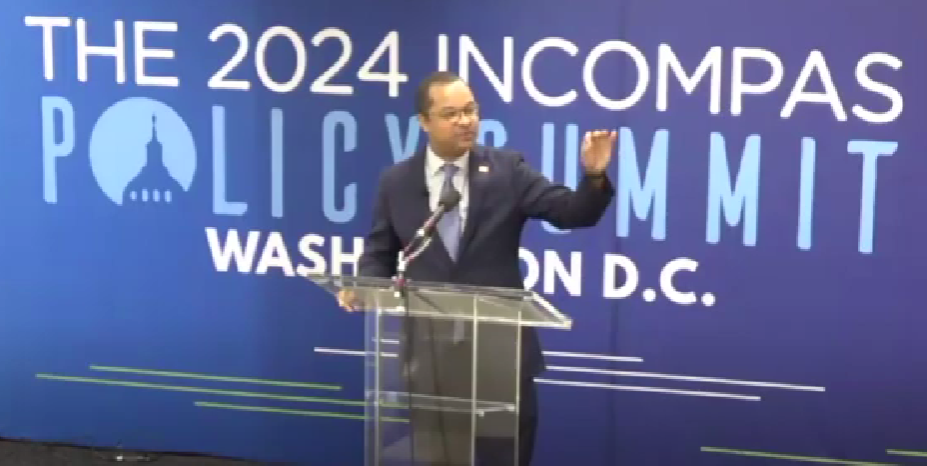
In Oklahoma City, WISPAmerica held court:
 Broadband BreakfastCorey Walker
Broadband BreakfastCorey Walker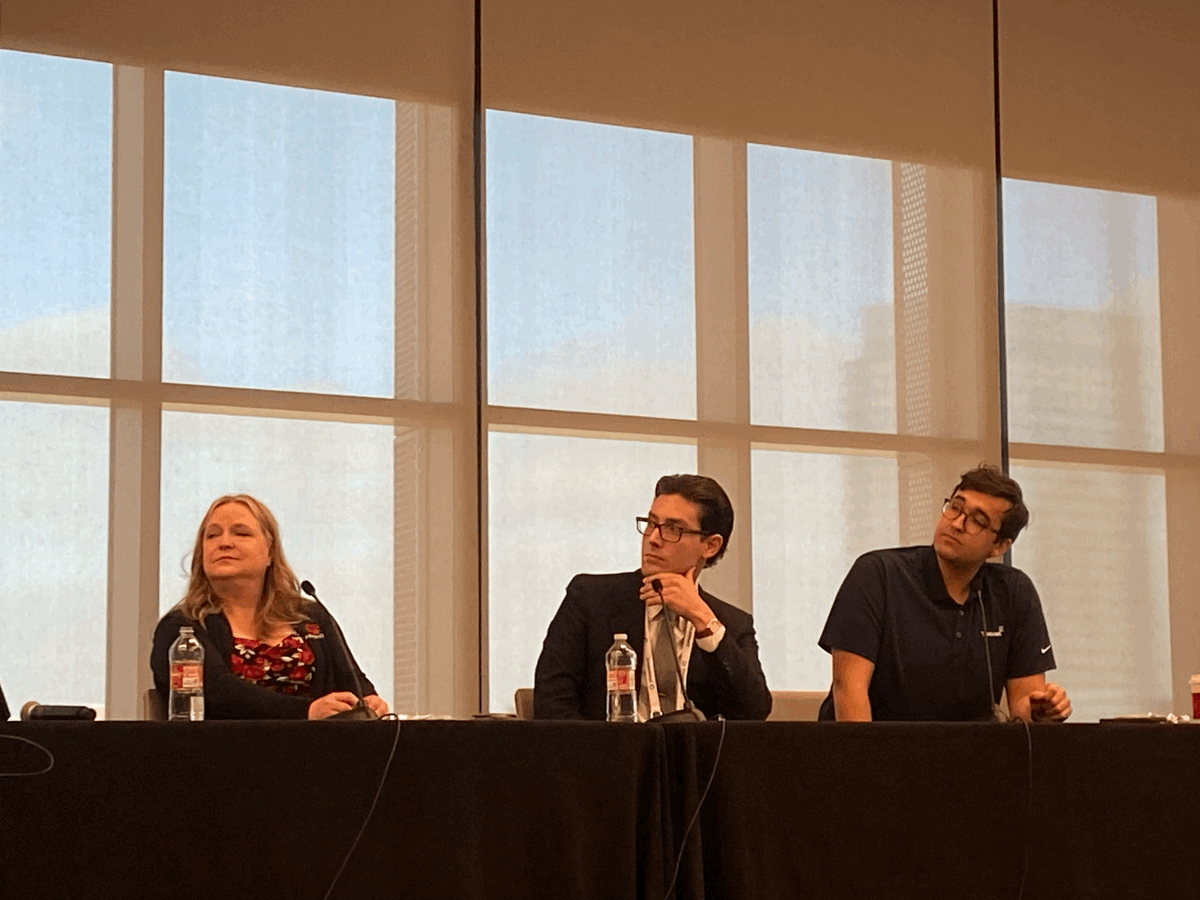
And on Thursday, Broadband Breakfast held the Broadband Measurement Summit. By the way, videos of the event are now available for Broadband Breakfast Club Members:
 Broadband BreakfastBroadband Breakfast
Broadband BreakfastBroadband Breakfast
Upcoming Broadband Breakfast Live Online events
We have three exciting Broadband Broadband Live Online events in the next three weeks, and more in the weeks following. These free events take place every Wednesday at 12 Noon ET:
 Broadband BreakfastBroadband Breakfast
Broadband BreakfastBroadband Breakfast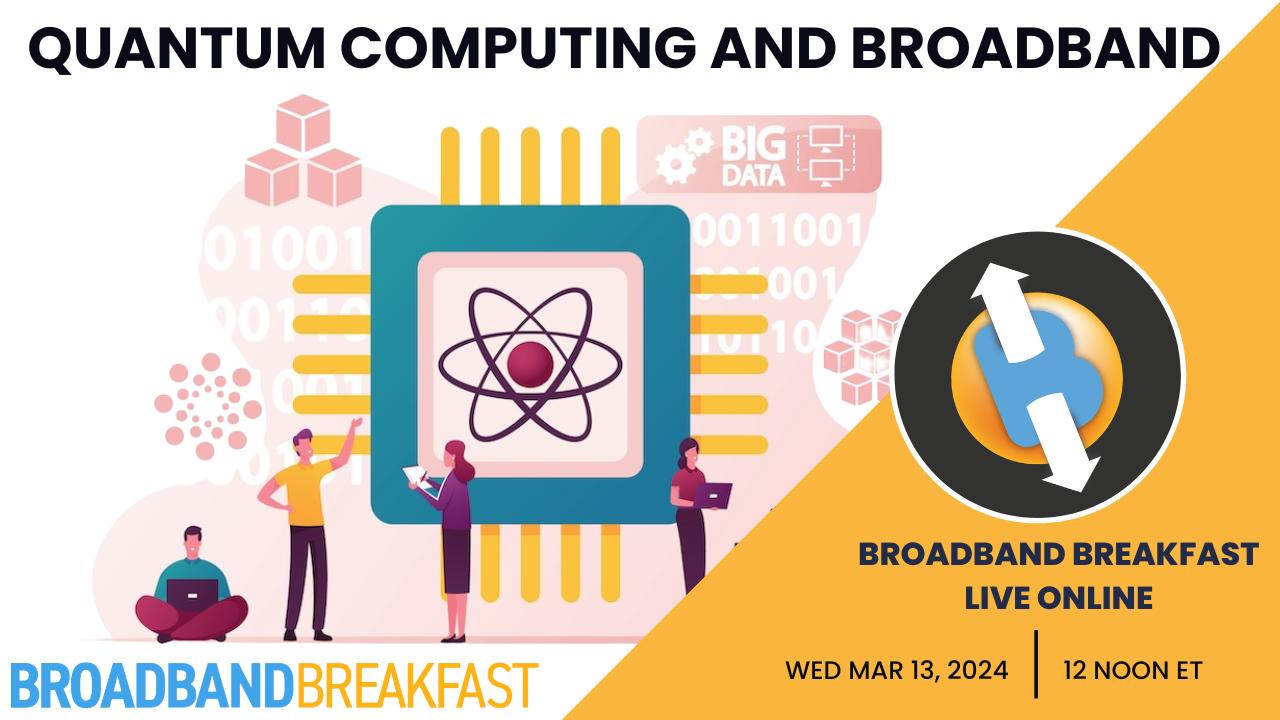
 Broadband BreakfastBroadband Breakfast
Broadband BreakfastBroadband Breakfast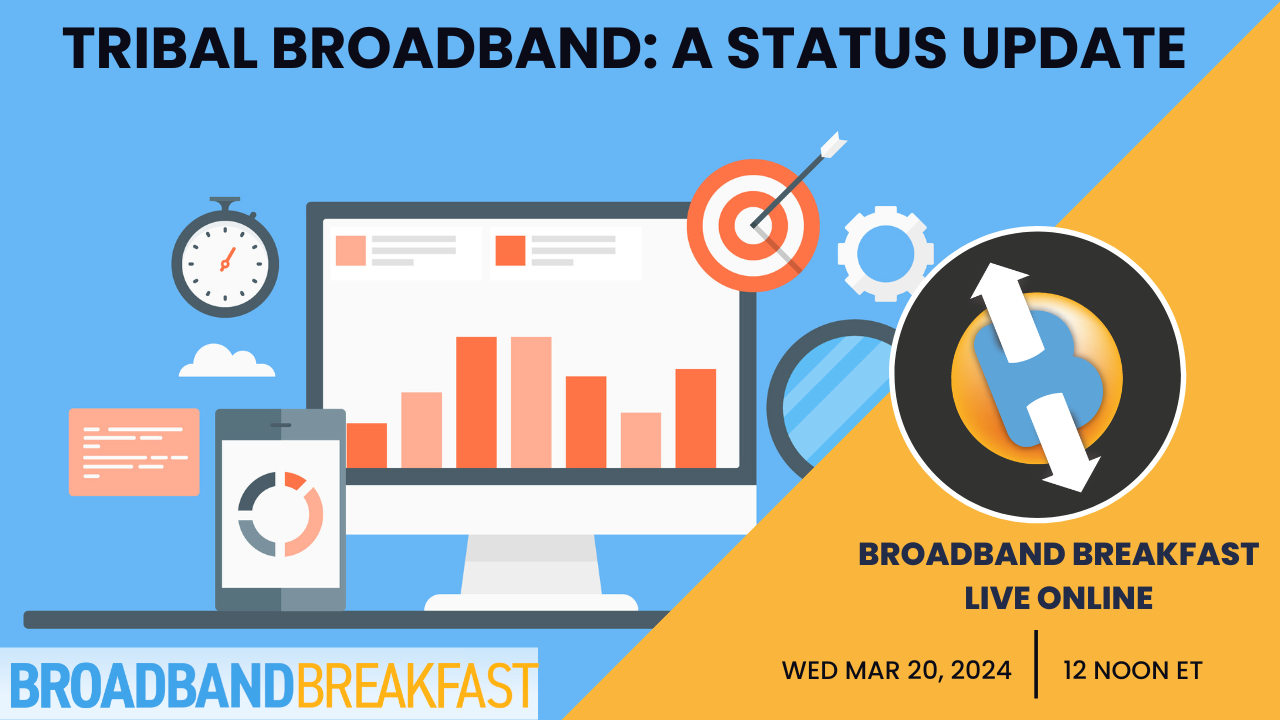
 Broadband BreakfastBroadband Breakfast
Broadband BreakfastBroadband Breakfast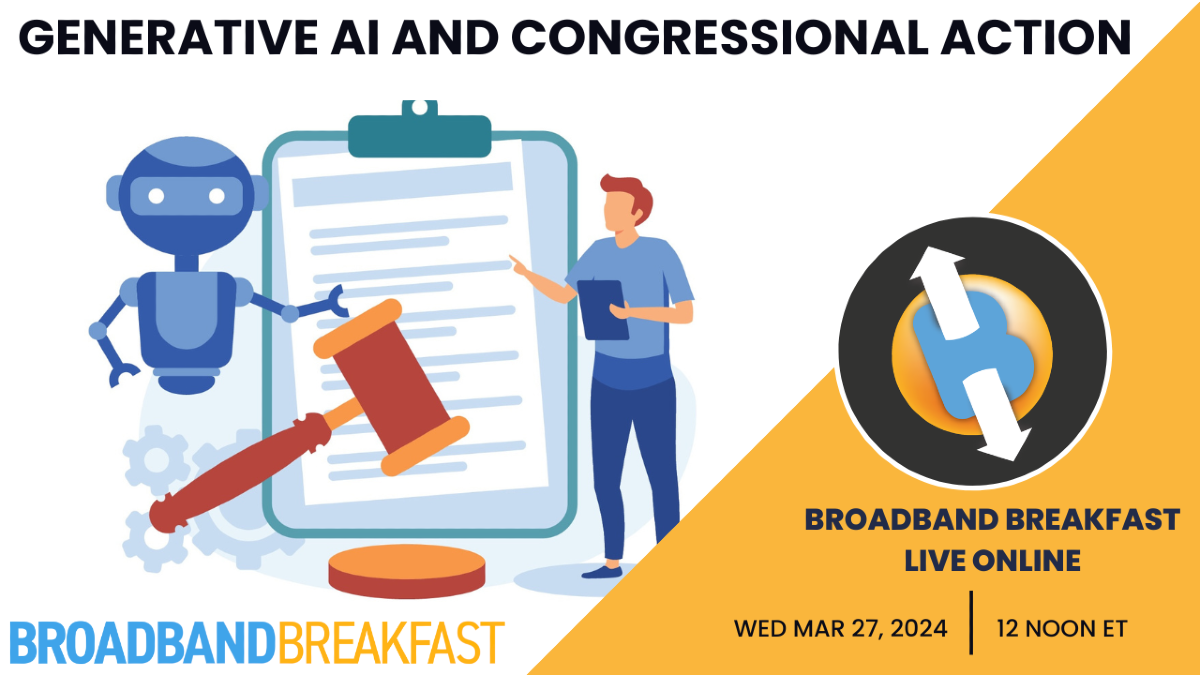
Got an idea for another Broadband Breakfast Club event? Feel free to reach out and let us know!
Drew Clark
Broadband Breakfast
drew@breakfast.media




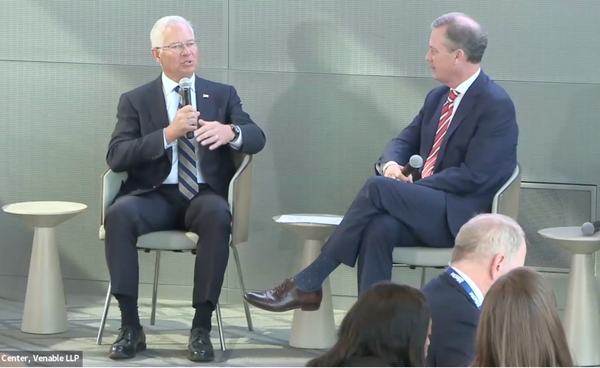
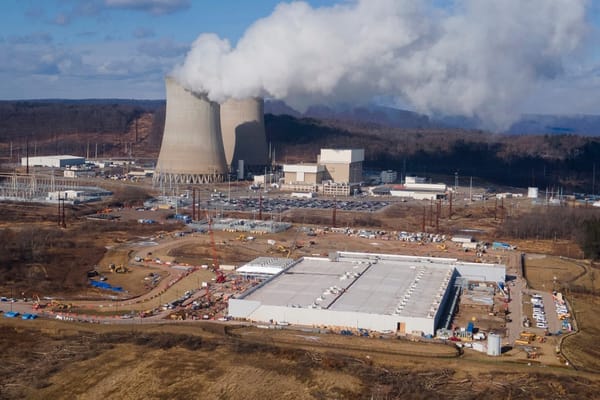
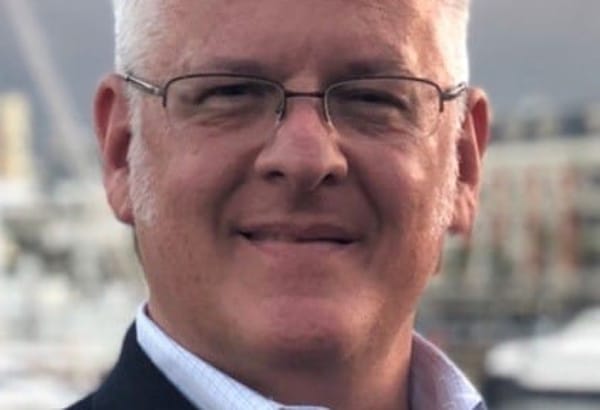


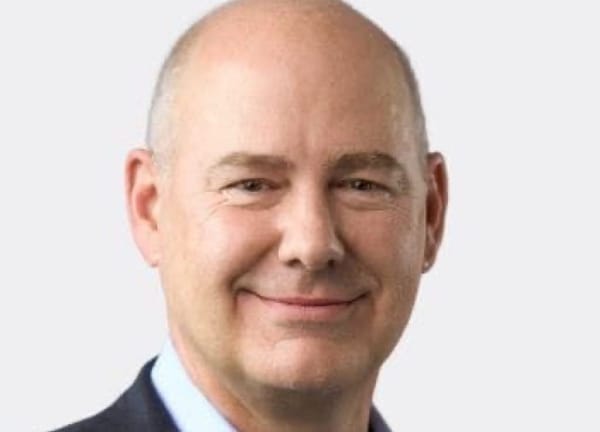
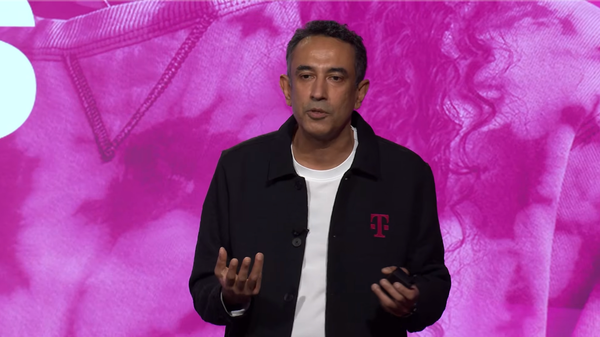
Member discussion